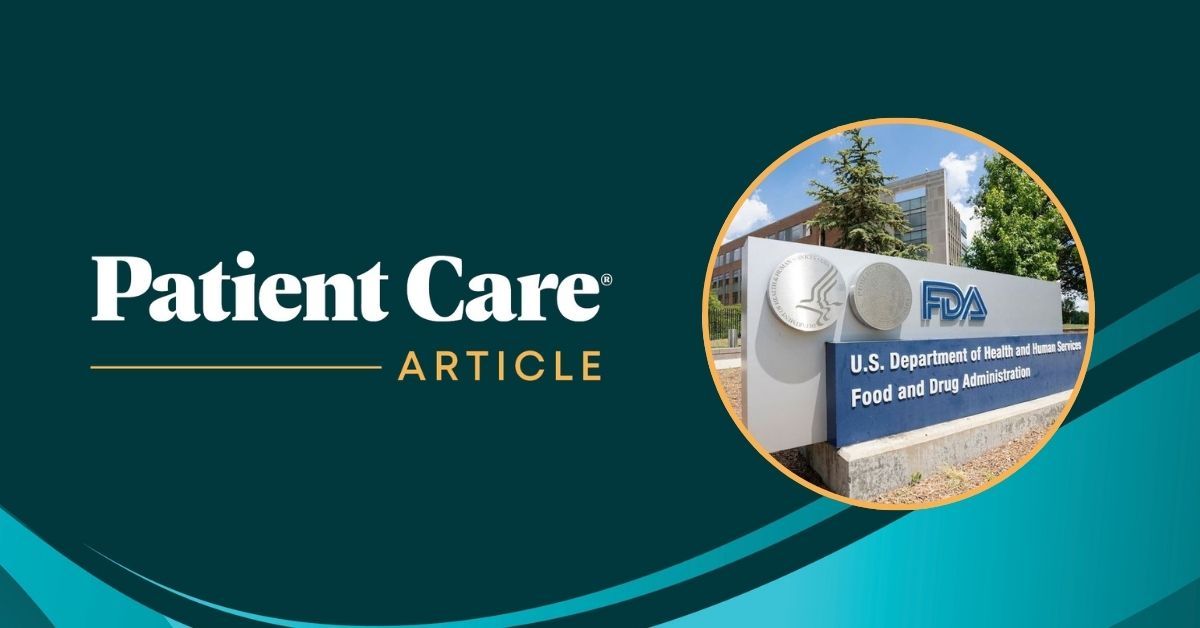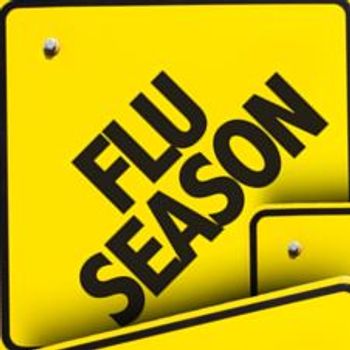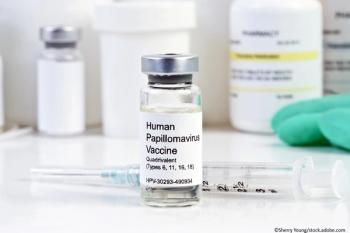
Former CBER chief calls claims "misrepresentation." ID experts Offit and Osterholm criticize timing ahead of CDC advisory committee meeting next week.

Former CBER chief calls claims "misrepresentation." ID experts Offit and Osterholm criticize timing ahead of CDC advisory committee meeting next week.

Clevenger reviews survey findings behind the recent report "The Agitation Blindspot in Alzheimer’s Care."

A regular focus on mental heatlh during follow-ups with patients who have atopic dermatitis can be integrated simply with a few thoughtful questions.

Your daily dose of the clinical news you may have missed.
.jpg?w=350&fit=crop&auto=format)
Mental health apps show high initial uptake but moderate adherence, revealing key factors for improving user retention in clinical trials.

Novo Nordisk submits an FDA application for semaglutide 7.2 mg for chronic weight management, supported by STEP UP trial data showing greater weight loss.

Your daily dose of the clinical news you may have missed.
.jpg?w=350&fit=crop&auto=format)
Otsuka seeks FDA approval for centanafadine, a novel ADHD treatment showing significant efficacy and safety in pivotal trials for all age groups.
.jpg?w=350&fit=crop&auto=format)
Novartis's Itvisma gains FDA approval as the first intrathecal gene therapy for spinal muscular atrophy, promising improved motor function and independence.

Primary care is the ideal setting for management of atopic dermatitis, but certain scenarios, both physical and psychological, call for expert referral.

J&J halts phase 2b AuTonomy trial after anti-tau antibody posdinemab fails to slow clinical decline, marking another setback for tau-targeting therapeutics.

The H3N2 subclade K is dominating early flu season gobally; despite vaccine mismatch, vaccination remains the primary defense against severe illness and hospitalization.

Two new Cochrane reviews confirm HPV vaccines significantly reduce cervical cancer risk, especially when given before age 16, with no serious safety concerns.

Evoke trials testing semaglutide for Alzheimer disease missed primary endpoint, failing to demonstrate benefit on cognition despite positive effects on disease markers.

Topline data show the factor XIa inhibitor cut ischemic stroke risk without increasing ISTH major bleeding, pointing to a possible new option for secondary prevention.

A recent meta-analysis reveals that two-thirds of pregnancies experience unhealthy weight gain, highlighting risks for mothers and babies.

Your daily dose of the clinical news you may have missed.

Dorr says symptoms can begin 10 years before cylces cease and explains why the hormonal feast and famine of perimenopause can go unrecognized.

Lisa Larkin, MD, discusses how social media is driving menopause awareness and why primary care physicians must educate themselves to meet patient demand.